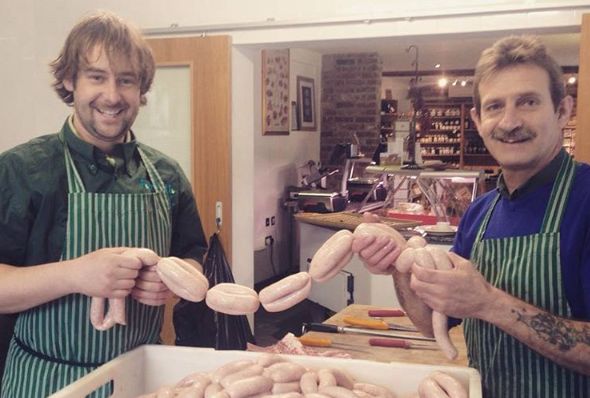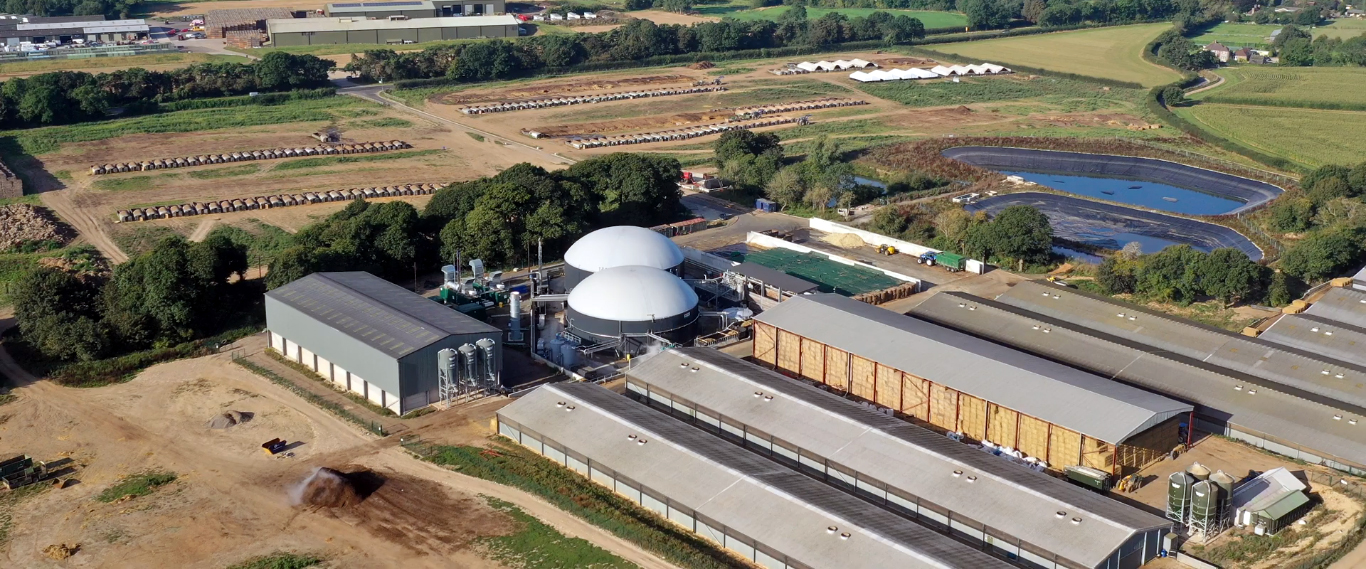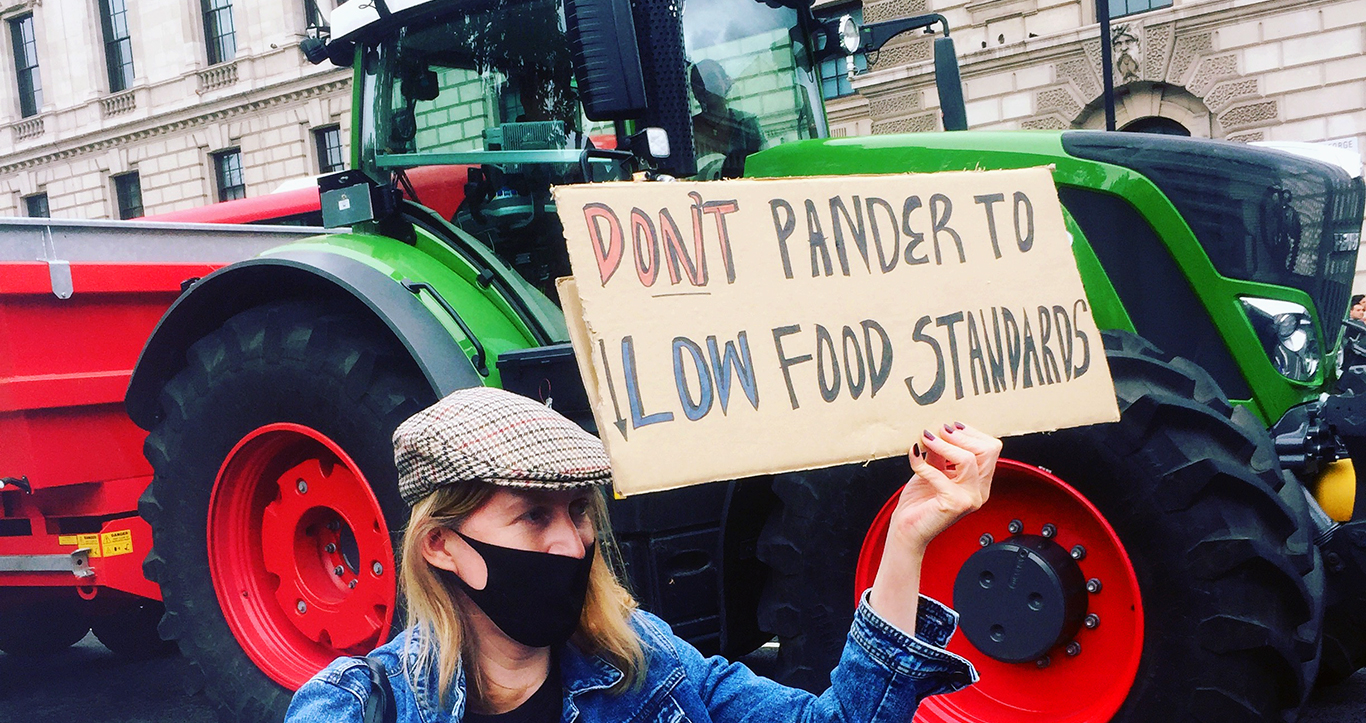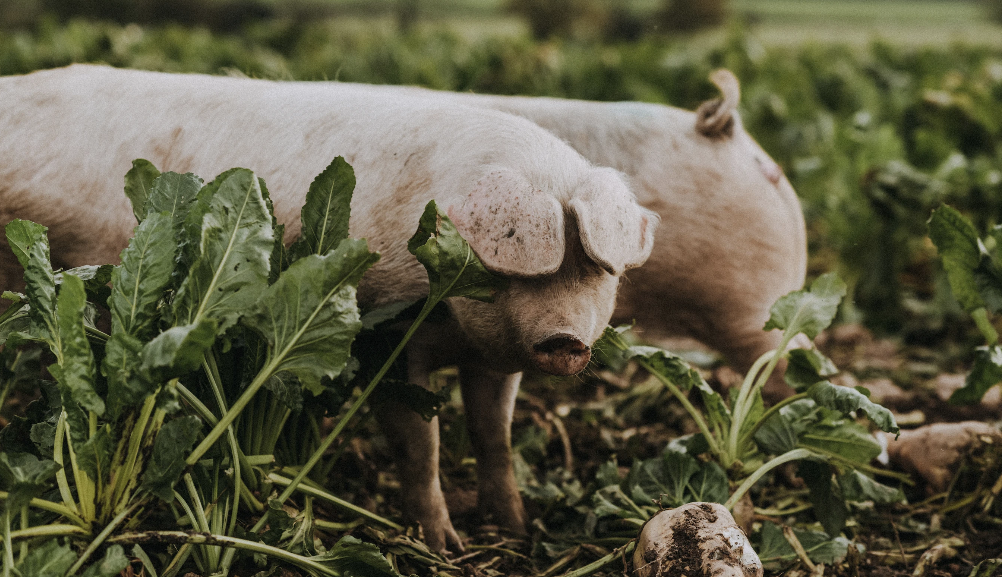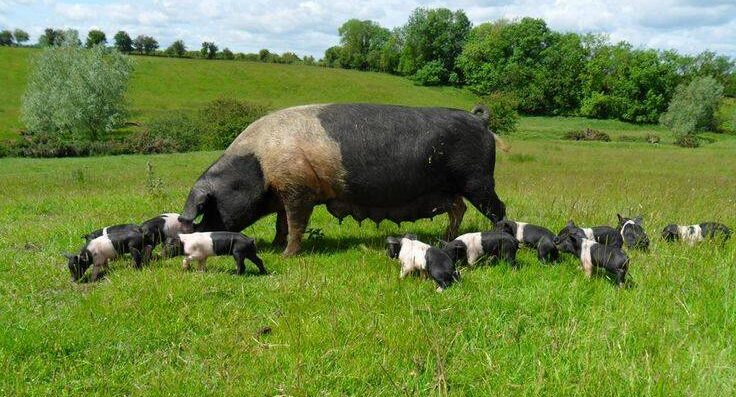For most of us, the weekly grocery shop consists of a trip to one of the UK’s big supermarkets where we can find a wide selection of goods, the cheapest prices, some enticing deals and often 24-hour access. Megastores make it easy and convenient to buy everything we need, at the most competitive prices, in just one trip. However, cheap prices and accessibility come at costs that are hidden to most of us consumers. Below are three reasons why we should focus our spending primarily at the local level, at independent retailers, as opposed to huge superstores.
1. Spending in smaller, independent businesses boosts the local economy through a multiplier effect, because these stores spend a larger proportion of their revenue back into the local economy. Results comprised from nine studies by Civic Economics[1] show that independent retailers recirculate 47.7% of revenue locally, compared to just 13.6% by national chains. The effect of this recirculation is higher economic output more jobs for the local community. Revenues made by large chains are more likely to be spent centrally, often abroad and therefore do not benefit the local residents.
2. Independent retailers have their own individual character, and stock exciting, one-of-a-kind products that you can’t find in a supermarket. These retailers create diversity and can provide local areas with their own unique identity. The introduction of a Tesco Express or Sainsbury’s Local adds no cultural value or real diversity in their products.
3. Shopping locally is better for the environment. For example, the local farmers’ market sells seasonal produce grown nearby, using little packaging and a reduced carbon footprint having traveled just a few miles from source to destination. Supermarkets ship products from all over the world, and use lots more plastic packaging. Smaller retailers can also usually set up within already busy high street, providing walkable access for consumers, whereas large superstores are often built on the outskirts of towns and cities, potentially only accessible by car or bus that pollute and damage natural habitats and rural communities.
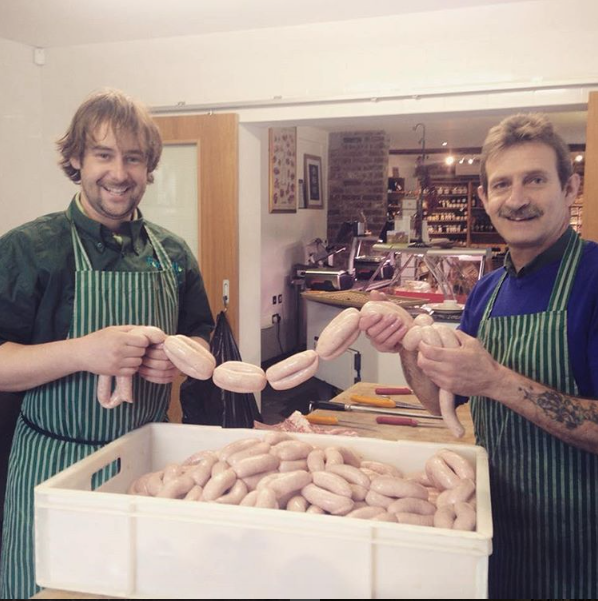
Supermarkets are competing against one another nationally, and the top four retailers in the UK have a combined market share of over 70%[2]. The price-war between these superstores has forced a vast number of local, independent and family run retailers out of business, and as a result they now make up only 2.1% of the market. We can help change this by rethinking how we consume and supporting our local retailers. The following four steps are a good way to get started:
- We should not have our shopping habits dictated to us by the big supermarkets; let’s decide what we want and then find a retailer who supplies it.
- We can use online resources to find retailers that suit our needs. For example, Farms Not Factories’ High Welfare Pork Directory lists farms, butchers, shops and restaurants that supply pork locally throughout the UK.
- Remember to keep some cash in our back pockets. Smaller retailers generally all accept debit cards these days, but often add a 50p charge for lesser transactions.
- Attempt to build a friendly relationship with the owners of our local convenience stores. After getting to know them, they may be open to stocking specific products on request.
References
[1] http://www.civiceconomics.com/indie-impact.html
[2] http://www.statista.com/statistics/279900/grocery-market-share-in-the-united-kingdom-uk/
Share This Article
Related ArticlesView All
Good Food, Good Farming March 2022
The Landworkers’ Alliance ‘Good Food Good Farming‘ London march was one of a growing number of worldwide farmer protests against… Read More
Anaerobic Digesters Facilitating UK Factory Farm Expansion
Malcolm McAllister, CEO of Farm Renewables UK, paints a rosy picture of the anaerobic digester (AD) plants which his company… Read More
New Trade and Agriculture Commission is ‘a Trojan Horse’ That Will Not Protect UK Farmers
International Trade Secretary Liz Truss, has promised that the Trade and Agriculture Commission will protect UK farmers from imports of… Read More
#SaveBritishFarming London March
Yesterday, farmers and activists gathered in London to protest the real prospect of sub-standard imports from the US that would… Read More
Farm Case Study 9: Pipers Farm, Devon
Peter at Pipers Farm rears free-range Saddleback pigs. His online business provides healthy, sustainable, high welfare meat straight to people’s… Read More
Farm Case Study 7: June’s Farm, Rutland
June at June’s Farm, breeds Large Blacks crossed with Saddlebacks. The pigs are slowly grown, fed naturally, kept outside and… Read More
